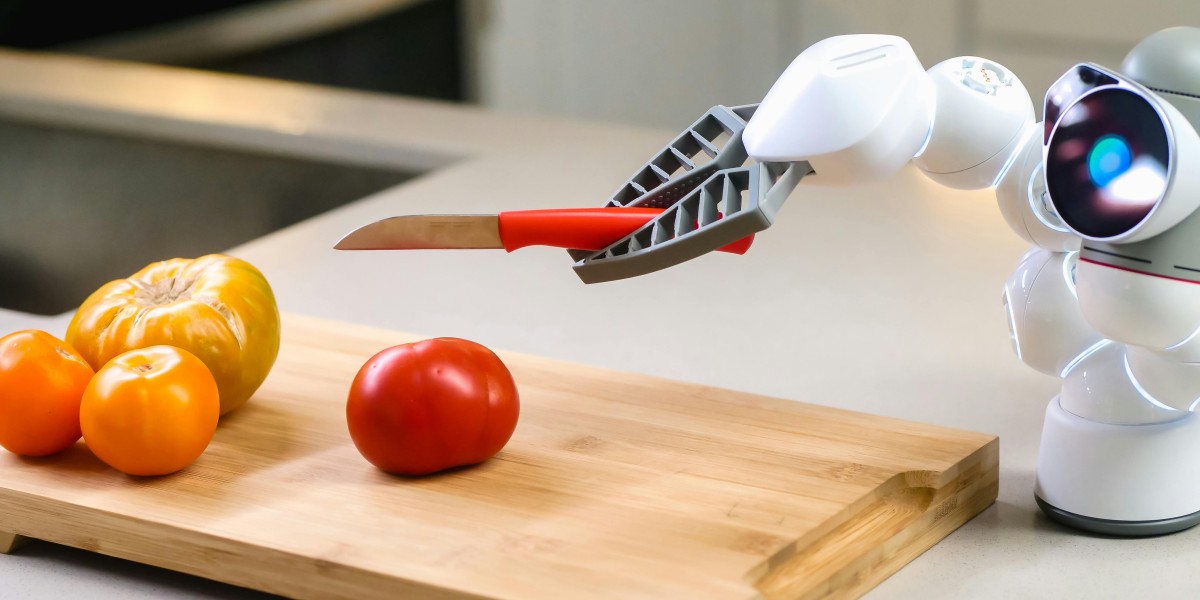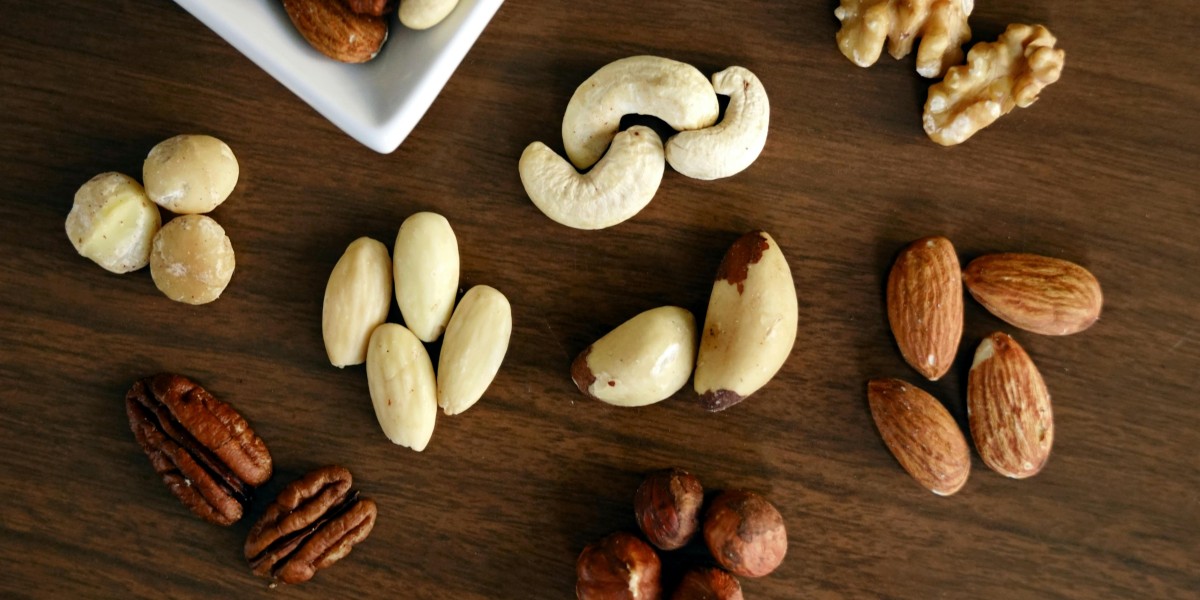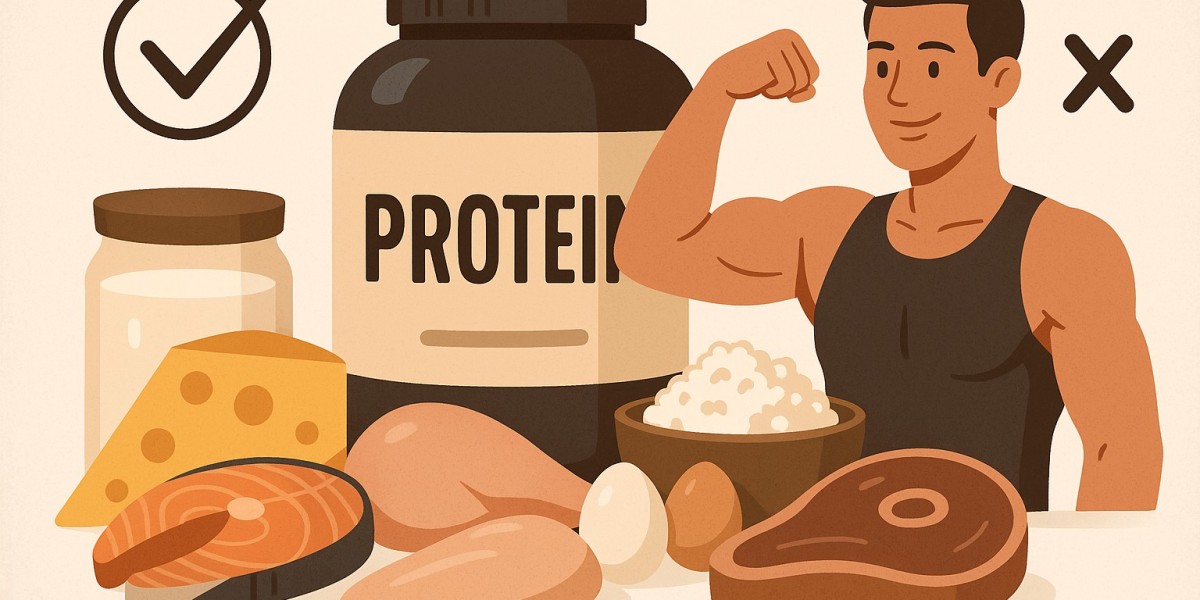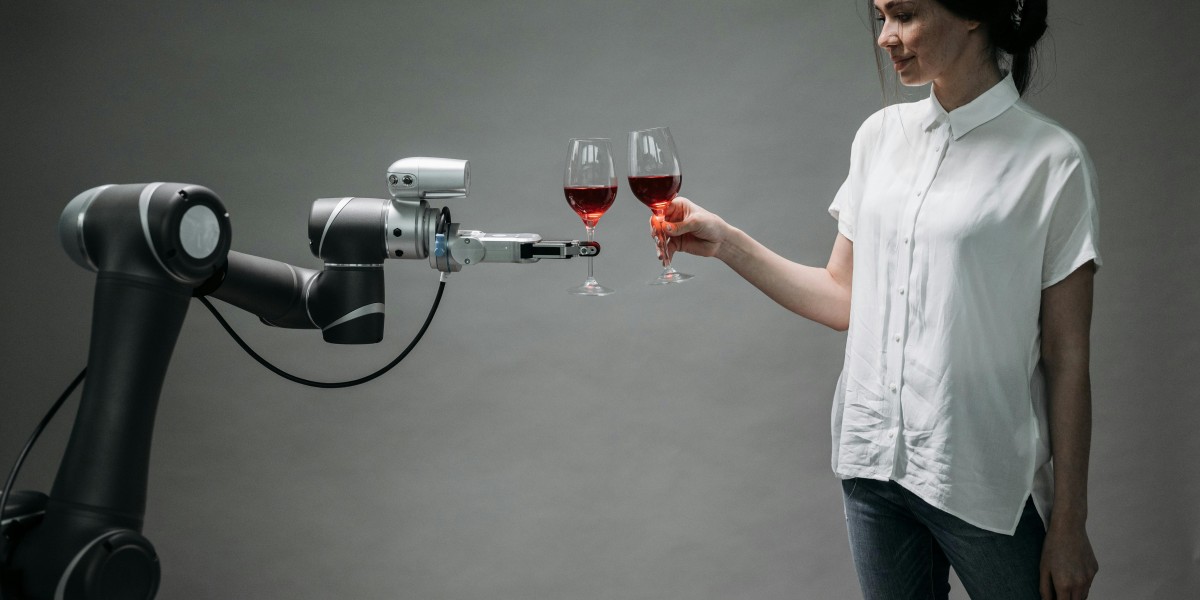One of the hardest parts of staying healthy isn’t knowing what to do — it’s actually doing it. Most people already know they should eat more vegetables, move more, and get enough sleep. But information doesn’t always lead to action. This is where AI-driven digital health coaches are stepping in.
Apps like Noom, Lark, or even Apple’s HealthKit use machine learning to analyze user data and provide nudges: reminders to drink water, encouragement to go for a walk, or tips to manage stress. These small nudges, backed by behavioral psychology, add up over time.
And unlike human coaches, AI is available 24/7, scalable to millions of users, and capable of personalizing advice down to micro-patterns. For example, it can notice that you often snack late at night after stressful meetings and suggest a short meditation instead.
Fastry fits into this AI coaching trend by focusing on time-restricted eating. Instead of nagging you about calories, it acts like a supportive coach that says: “You’re doing great — just one more hour until your eating window closes.” It’s simple, actionable, and psychologically motivating.
When AI meets fasting, the result is a lifestyle framework that is both data-driven and human-friendly. And that might be the secret to long-term adherence — the holy grail of health interventions.





